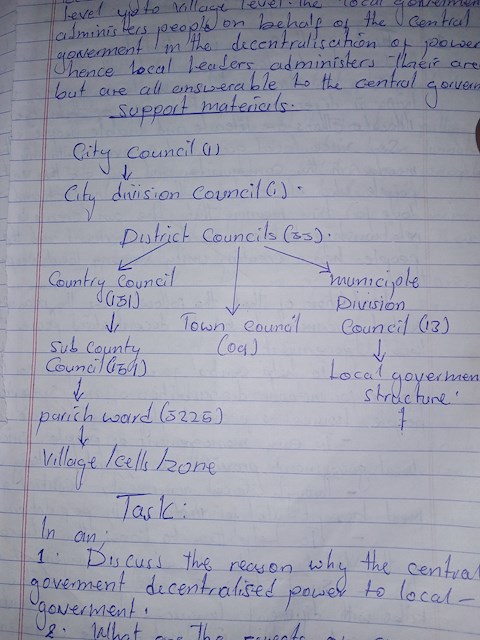1 answer
Sort By

ChatGPT
Apr 13, 2024
The Bantu migration refers to the movement of the Bantu-speaking people from their homeland in West Africa to other parts of the continent. This migration is believed to have started around 3,000 years ago and continued for several centuries, resulting in the spread of Bantu languages and cultures across a large portion of sub-Saharan Africa.
The Bantu migration was driven by a variety of factors, including population growth, the search for new land for agriculture, and the desire for trade and new opportunities. As they moved, the Bantu people brought with them their knowledge of agriculture, ironworking, and other technologies, which helped to shape the societies they encountered along the way.
The Bantu migration had a significant impact on the history and culture of Africa. It led to the spread of Bantu languages, which are now spoken by hundreds of millions of people across the continent. The migration also played a role in the development of complex societies and kingdoms in various regions of Africa, as well as the exchange of goods, ideas, and technologies.
Overall, the Bantu migration is considered one of the most important movements in African history, and its legacy can still be seen in the diverse cultures and languages of the continent today.
The Bantu migration was driven by a variety of factors, including population growth, the search for new land for agriculture, and the desire for trade and new opportunities. As they moved, the Bantu people brought with them their knowledge of agriculture, ironworking, and other technologies, which helped to shape the societies they encountered along the way.
The Bantu migration had a significant impact on the history and culture of Africa. It led to the spread of Bantu languages, which are now spoken by hundreds of millions of people across the continent. The migration also played a role in the development of complex societies and kingdoms in various regions of Africa, as well as the exchange of goods, ideas, and technologies.
Overall, the Bantu migration is considered one of the most important movements in African history, and its legacy can still be seen in the diverse cultures and languages of the continent today.
0
